Vauxhall will continue to be the Stellantis ‘van brand champion’ in the UK, according to Anne Abboud, head of Stellantis Pro One.
Pointing to the production efficiencies gleaned from the platform and technology sharing across the group’s four main van brands – Citroen, Fiat, Peugeot and Vauxhall - Abboud said: “We are now seeing the scale effect of Stellantis; it is cost effective on production and for our multi-energy platform.”
The company is introducing brand individualism on dashboard design and lighting, but also some additional series specialisms depending on market.
“We will have a brand champion in each country and in the UK it’s Vauxhall,” Abboud said.
“That means we put it at a higher pricing level than the others as challengers where we go with competitive pricing for those.”
She ruled out any dilution of individual brand identity by rebuffing a suggestion that future models could be sold under the Stellantis Pro One umbrella brand.
Arnaud Leclerc, global head of Stellantis CustomFit, reinforced the message: “The brands and our networks are an asset; it would be counterintuitive to kill the assets.”
And Richard Abbott, head of special vehicle operations at Stellantis UK, added: “The four brands give us broad appeal with all customers.”
Stellantis has a global ambition to be the number one light commercial brand by 2030. Last year, it sold 1.7 million vans and pick-ups for a market share of 30%.
In the UK, where it sold almost 91,000 vans up to 3.5-tonnes last year for a share of almost 26%, the growth opportunity is in the SME market, according to Abboud.
“We are good with big fleets, but we have to perform better with small fleets,” she said. “This is about product initiatives and our commercial policy.”
The CustomFit conversion business will help by increasing the pace at which Stellantis can bring vans to market.
Abbott explained: “Often it is a distress purchase for small fleets because they run their vehicles until they drop. CustomFit will play a key role by improving availability to meet this need.”
Stellantis is ahead of many rivals in the drive towards electrification but has rowed back from a previous target under former CEO Carlos Tavares of being 100% zero emissions by 2030.
Abboud said: “We are flexible in how we operate our production volumes – ICE, BEV, we can adapt to supply and demand and to the rules of individual markets.”
In Europe, van manufacturers are required to achieve 13% electric sales this year or face fines, but they are averaging 9%. Next year, the target rises to 17% and then 24% in 2027- all challenging but also all below the requirements of the ZEV Mandate in the UK (16% this year and 24% in 2026).
“We have the product offering and we are outperforming the industry but it’s still a big issue,” Abboud said.
“Everyone is at risk of fines. We will have to take drastic action: reduce ICE, stop plants or take the fines. We don’t want to pay fines. Or, we hope that something will change.”

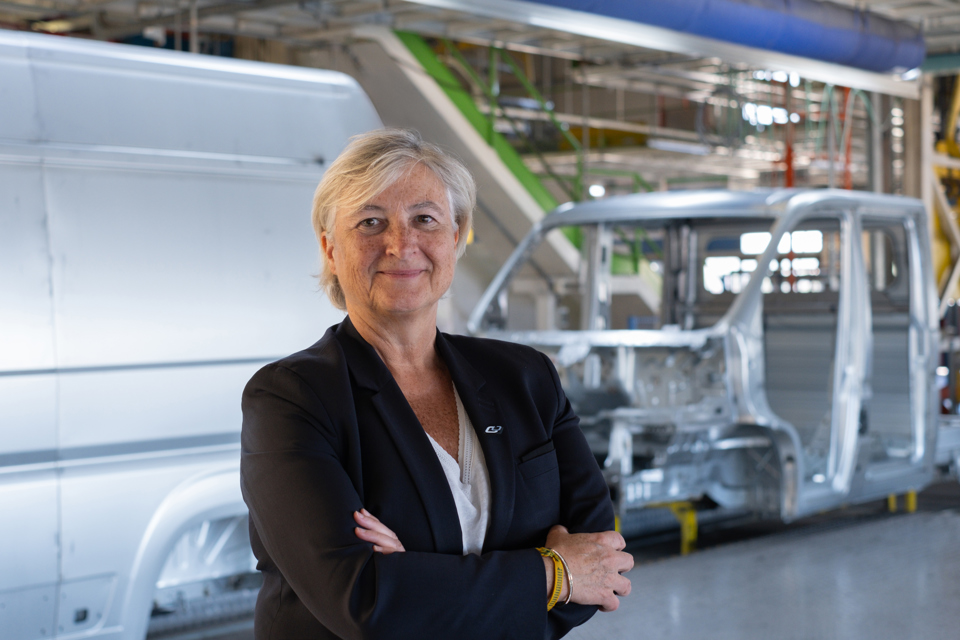




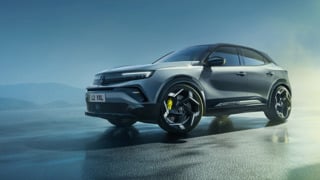
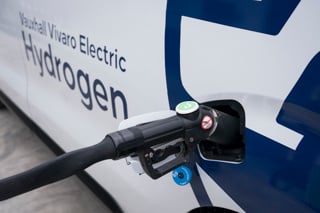

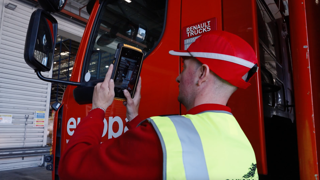
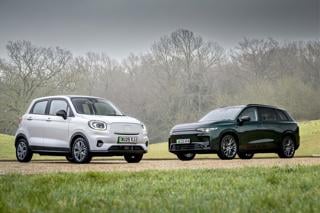












Login to comment
Comments
No comments have been made yet.